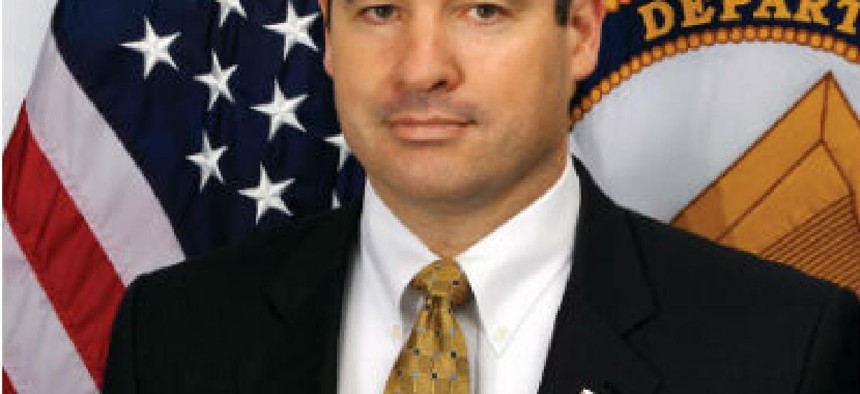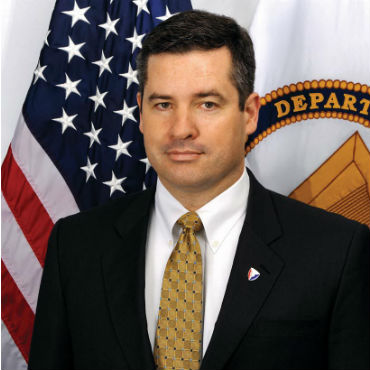DOD opts not to rush new R&D rules

The Pentagon is looking to give contractors a bit more time before it steps in for closer review of their independent, government-funded projects, a top Pentagon tech official said.

The Pentagon's Dale Ormond explained why the military is going slow on new R&D rules that are "raising a lot of angst" in industry.
Contractors may get a little extra time before the Department of Defense steps in for a closer look at their government funded, independent, technology research and development projects, according to a top DOD tech official.
The Pentagon rolled out Independent Research and Development requirements in April 2015 as a way to get an earlier look at developing technologies. The rules were part of the DOD's Better Buying Power 3.0 acquisition reform.
DOD contractors criticized the rules for potentially delving too deeply into their R&D efforts.
"IR&D is raising a lot of angst in industry," said Dale Ormond, principal director, research, in the Office of the Assistant Secretary of Defense (Research and Engineering). DOD Undersecretary for Acquisition, Technology and Logistics Frank Kendall "has directed that industry must discuss their IR&D projects with a knowledgeable person inside the department before they begin doing work," Ormond said at a Dec. 1 breakfast presentation in Washington sponsored by the National Defense Industrial Association.
According to a 2015 Pentagon white paper, "the objective of this engagement is to ensure that both IR&D performers and their potential DOD customers have sufficient awareness of each other’s efforts and to provide industry with some feedback on the relevance of proposed and completed IR&D work."
The rules were supposed to take effect Oct. 1.
"We're not exactly ready to do this yet," Ormond said. "We have a way to do it. We're putting out some information and it looks like Mr. Kendall will grant a little bit of relief to make this easier and not so burdensome. Expect something to come out in the next couple of days," he said.
The Pentagon didn't respond immediately to an FCW request for details concerning Kendall's move to lengthen the time frame for the IR&D rules.
"What he's trying to do increase the communications between industry and our laboratories in terms of what they're doing with ideas they're pursuing so that we can have greater opportunity to collaborate and make each other better," Ormond said in his presentation. "The intent is really to help stimulate more discussion and more innovative ideas. We'll see how it goes."


